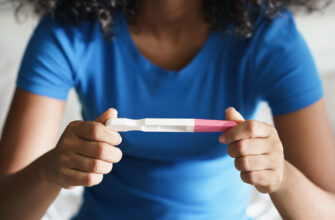
Low testosterone
The human body produces the hormone testosterone. It is mostly produced by the testicles in males. Male sexual development and attractiveness are influenced by testosterone. Both sperm production and a man’s sex desire are stimulated. It also aids in increasing bone and muscular mass.
With aging, testosterone production normally declines. About 2 in 10 men over 60 have low testosterone, according to the American Urological Association. 3 out of 10 men in their 70s and 80s are affected by this, a little rise.
Men may have a variety of symptoms if their testosterone levels drop below normal. When levels of the hormone fall below 300 nanograms per deciliter (ng/dL), low testosterone, or low T, is identified.
The Food and Drug Administration defines 300 to 1,000 ng/dL as a normal range. You may check your amount of circulating testosterone by having a blood test called a serum testosterone test.
If the level of testosterone synthesis falls far below normal, a variety of symptoms may develop. Low T frequently shows only modest symptoms. These are the 12 male symptoms of low T.
1. Low sex drive
In men, testosterone is crucial for libido (sex desire). As they become older, some men could notice a decrease in sex desire. However, a person with low T would probably see a more marked decline in their desire for sex.
2. Difficulty with erection
While testosterone increases a guy’s desire for sex, it also helps a man get and keep an erection. Although testosterone does not by itself result in an erection, it does trigger brain receptors to create nitric oxide.
A substance called nitric oxide aids in starting the chain of biochemical processes that lead to an erection. A guy may struggle to get an erection before intercourse or have spontaneous erections when his testosterone levels are too low (for example, during sleep).
But testosterone is just one of several elements that contribute to healthy erections. The effectiveness of testosterone replacement therapy in the management of erectile dysfunction is still under investigation.
In a study of research, over half of men with erection problems who received testosterone therapy showed no improvement, according to Trusted Source. Erectile dysfunction is frequently a symptom of various medical issues. These may consist of:
- diabetes
- thyroid problems
- high blood pressure
- high cholesterol
- smoking
- alcohol use
- depression
- stress
- anxiety
3. Low semen volume
Semen, the milky fluid that promotes sperm motility, is produced with the help of testosterone. When they ejaculate, men with low T frequently find that their semen volume has decreased.








